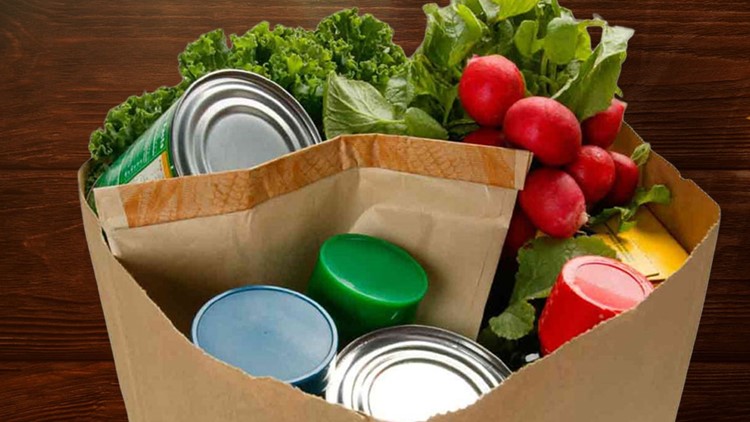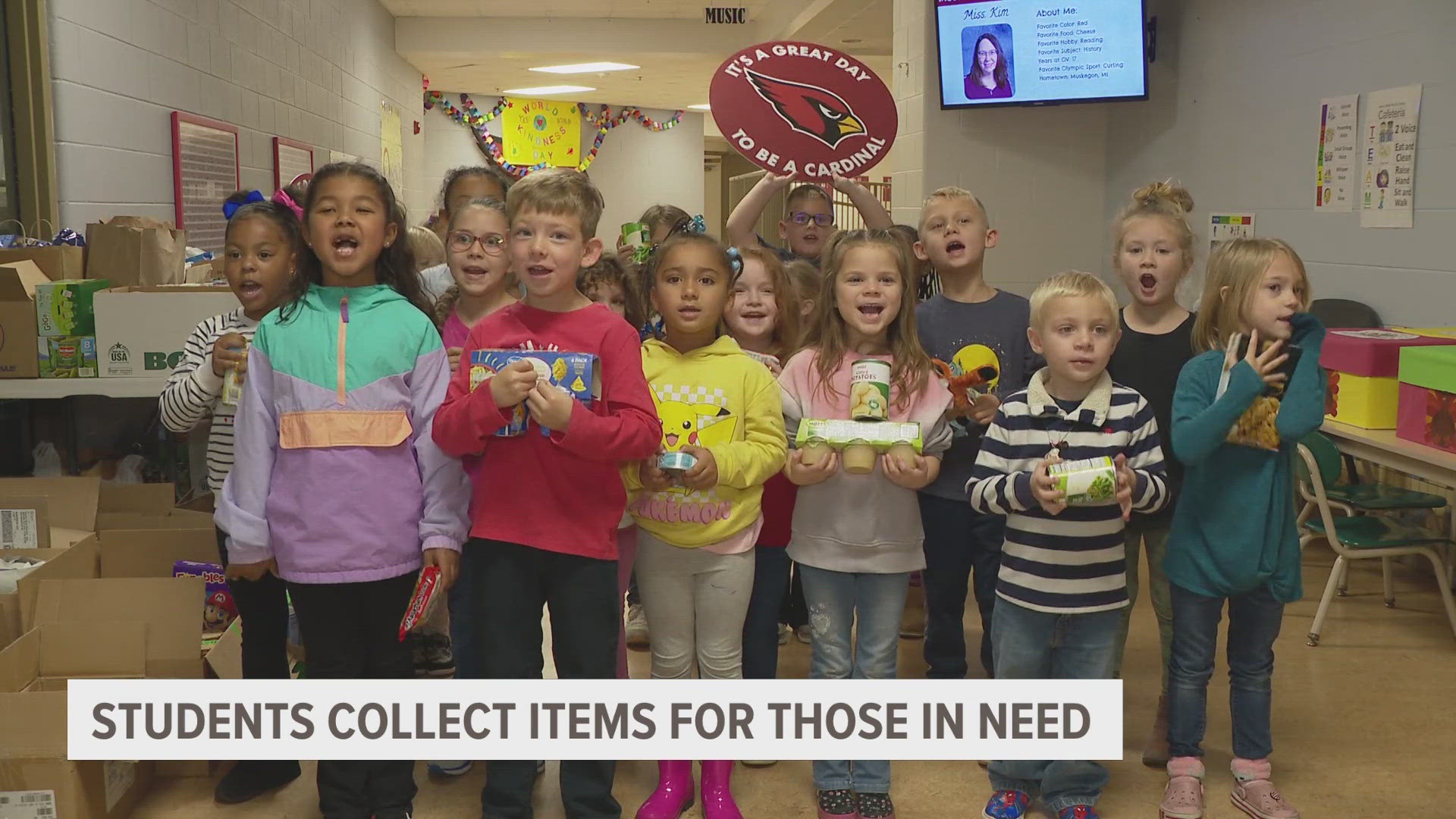Tens of thousands are without power in Michigan after severe storms tore through the state Saturday night.
With inflation driving the price of food up, many are left wondering how long their expensive groceries will last.
Unfortunately, many refrigerated and freezer foods may not be safe to eat after a power outage.
Experts say it's crucial to leave refrigerator and freezer doors closed to trap the cold air inside — but how stocked your fridge or freezer may impact how long your food is good for, too.
Here's what the CDC says:
- If the doors stay closed, food will stay safe for up to:
- 4 hours in a refrigerator.
- 48 hours in a full freezer; 24 hours in a half-full freezer.
- If the power has been out for 4 hours, and a cooler and ice are available, put refrigerated perishable foods in the cooler. To keep them at 40°F or below, add ice or a cold source like frozen gel packs.
The CDC says a good rule of thumb is "when in doubt, throw it out," and reminds consumers never to taste food to determine if it's safe to eat or not.
After four hours without power, you should throw out perishable food in your refrigerator, including meat, fish, cut fruits and veggies, eggs, milk and leftovers, unless you have another cold source to keep the food cool. The CDC says to throw out any food with an unusual odor, color or texture.
In general, it's best to throw out any food that's above 40 degrees. If your freezer has an appliance thermometer, it should be 40 degrees or below.
You can safely refreeze or cook thawed frozen food that still has ice crystals or is 40 degrees and below, the CDC says.
Here's what the CDC recommends to do to better prepare for the next outage:
- Keep appliance thermometers in your refrigerator and freezer. The refrigerator should be at 40°F or below. The freezer should be at 0°F or below.
- Freeze containers of water and gel packs to help keep your food at 40°F or below.
- Have a cooler and frozen gel packs handy in case you have to remove your food from the refrigerator to keep it cold.
- Buy dry ice or block ice to keep your food cold in the refrigerator, if you think the power will be out for a long time.
►Make it easy to keep up to date with more stories like this. Download the 13 ON YOUR SIDE app now.
Have a news tip? Email news@13onyourside.com, visit our Facebook page or Twitter. Subscribe to our YouTube channel.



